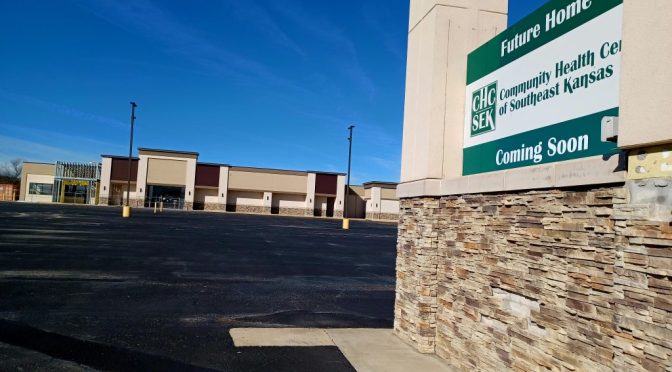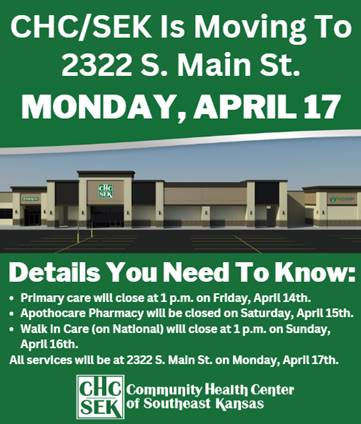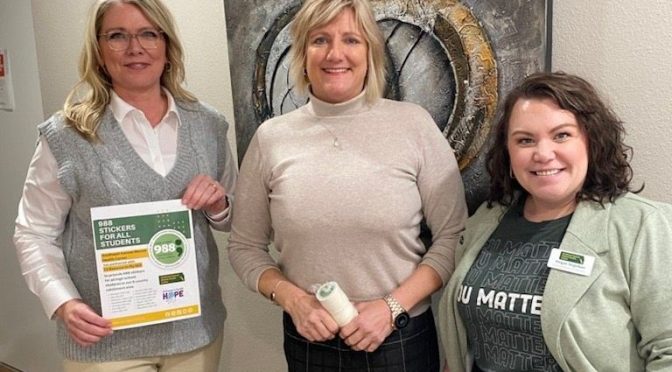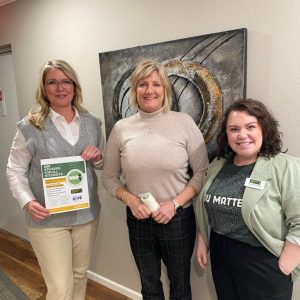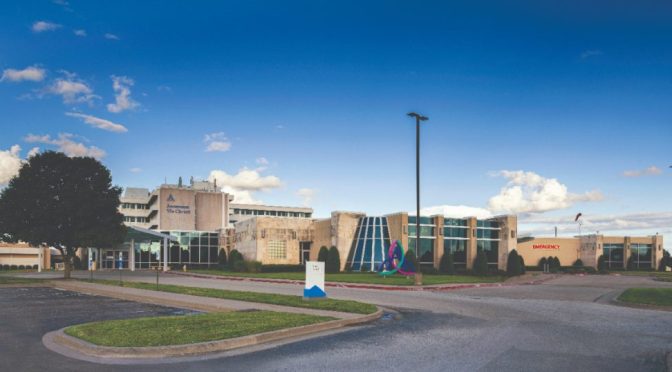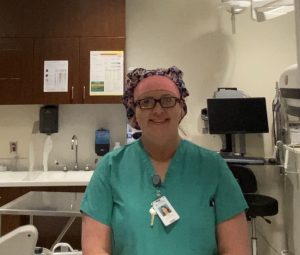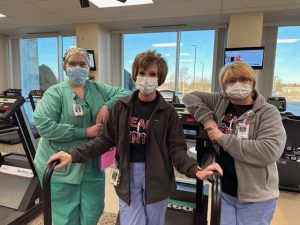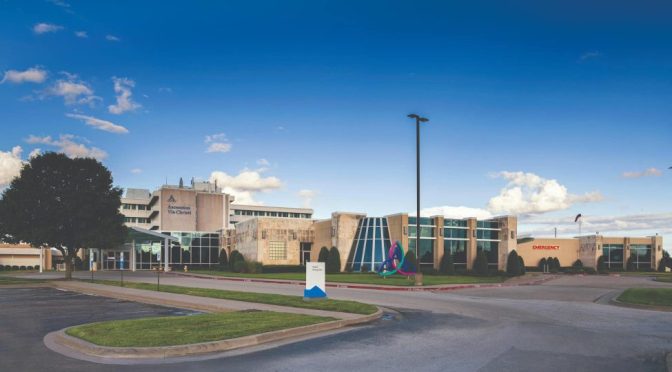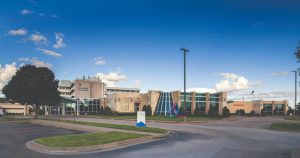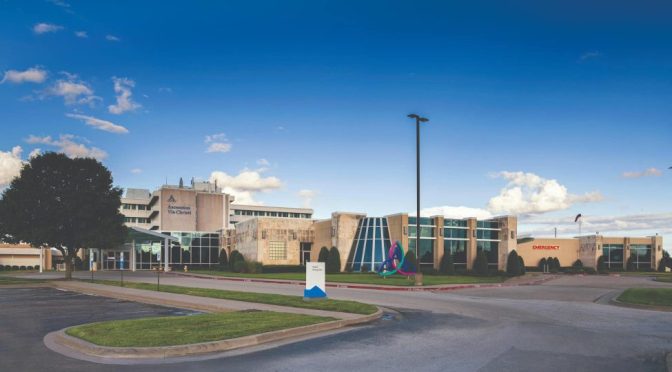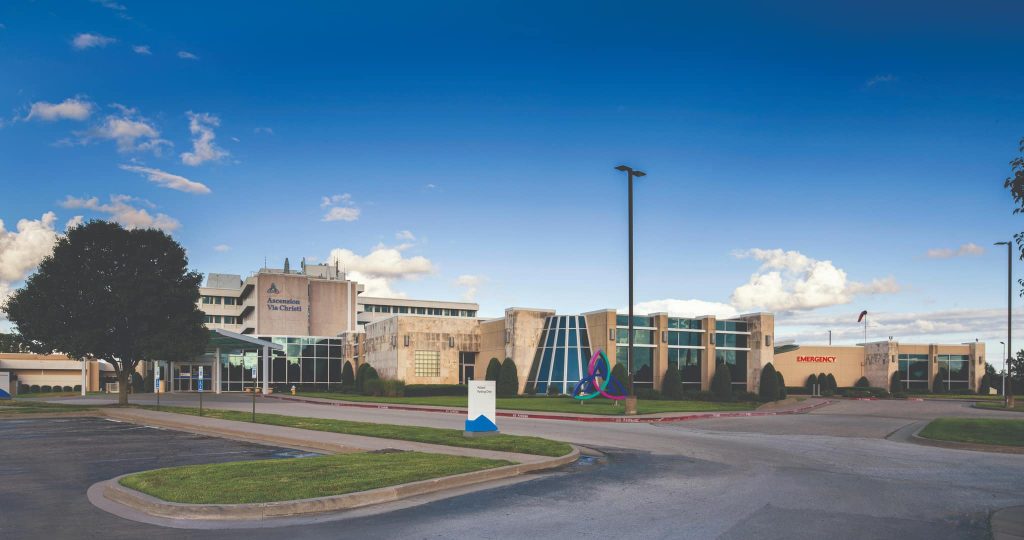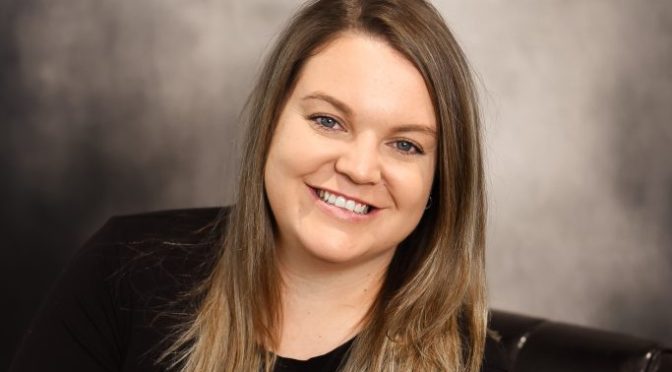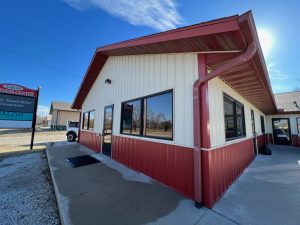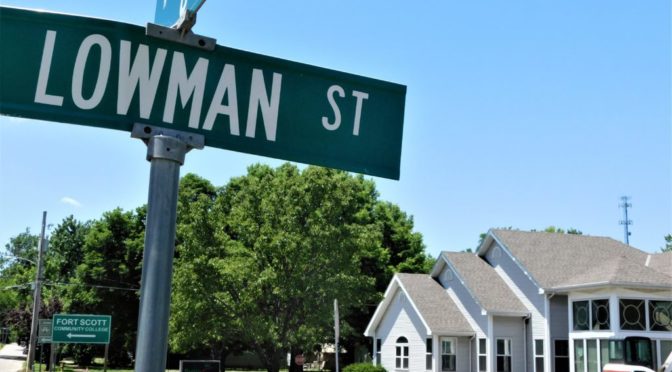Community Health Center of Southeast Kansas in Fort Scott is making plans to move from the former Mercy Hospital building at 401 Woodland Hills, to the former Price Chopper building at 2322 S. Main during the weekend of April 14.
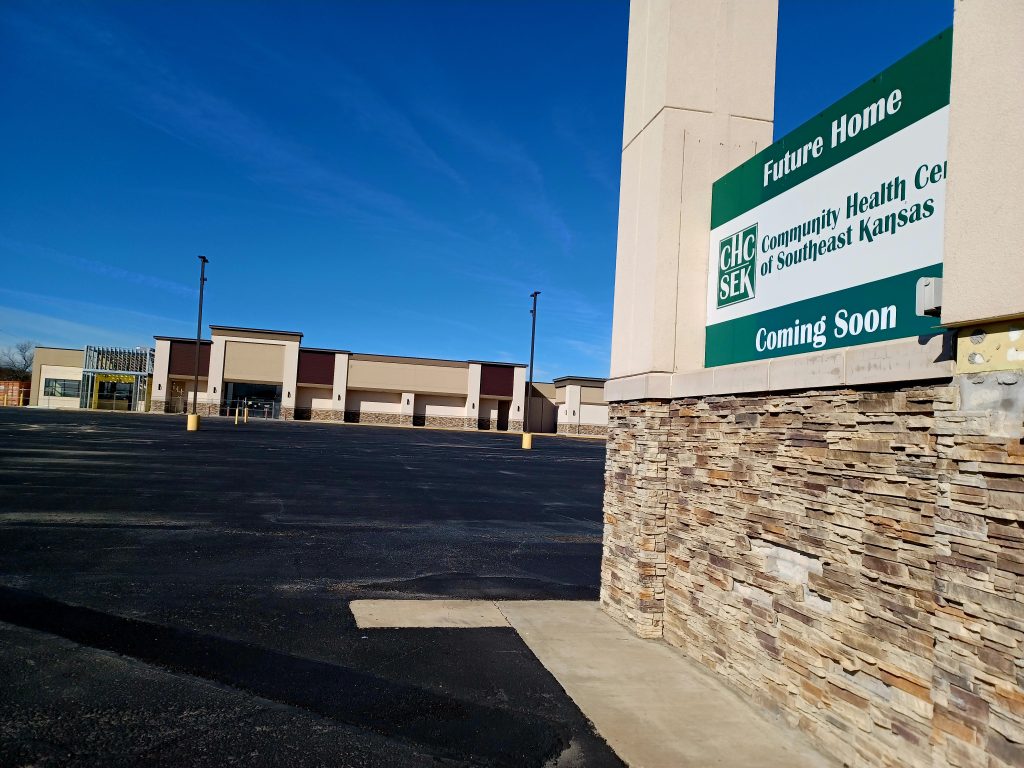
“It’s going to be a beautiful facility,” said CHC’s Director of Communication and Marketing Robert Poole. “And we have a great crew.”
“The new 43,000-square foot plus facility provides more room to offer more services,” said Baily Davis, CHC/SEK Fort Scott Practice Manager. “And, for the first time, walk-in care, primary care, and our pharmacy will all be in one easy-to-find location with more convenient parking,” she said.
“The move is being coordinated to minimize interruptions of patient care and is being staged in three phases,” according to information from Poole.
On Friday April 14, the Woodland Hills clinic will close at 1 PM.
Apothecare Pharmacy at Woodland Hills will follow, and be closed Saturday, April 15 as staff prepare.
On Sunday, April 16, CHC/SEK Walk-In Care on National Street will close at 1 PM as they relocate to the new facility.
All services will be re-open on Monday, April 17 at 2322 S. Main St. including primary care, walk-in care, behavioral health care, pharmacy and specialty services, which will all be in one location from that point on.
Hours of operation at the new site:
Primary Care is 8 AM-6 PM- Monday through Thursday, and 8 AM-5 PM Friday.
Walk-In Care is from 7 AM- 7 PM, Monday-Sunday
Apothecare Pharmacy 7 AM- 7 PM, Monday-Sunday
“Many of the CHC/SEK staff are your friends and neighbors in the community,” according to the information provided by Poole. “101 of the 124 of the Fort Scott clinic employees live in Fort Scott or Bourbon County. The health center believes in investing in its employees with good jobs, education, growth opportunities and progressive benefits. The starting entry-level wage at CHC/SEK begins at $15 per hour, more than twice the federal minimum wage.”
Part two of this story will be published next week, detailing the new services.
Mercy Building: Other Tenants
Ascension Via Christi Emergency Department
The emergency room will continue services to the county in the same location on the south side of the Mercy building.
“The move will not affect our operations and the Ascension Via Christi Emergency Department in Fort Scott will continue to provide care as normal,” according to AVC Marketing and Communications Specialist Reagan Rosenhamer.
Legacy Health
The following is from Troy Schell, chairman of the Legacy Health Foundation, Glendora, CA. when asked for an update on the foundation plans since receiving ownership of the Mercy Hospital building on Nov. 17, 2022.
“Legacy Health has devoted significant efforts to collaborating with both Ascension and USD 234 in order to develop and sustain crucial services within the community,” Schell said. “Furthermore, our organization is actively pursuing the establishment of new specialty clinics, including those specializing in cardiology and urology, in addition to partnering with Freeman Orthopedics to extend their established presence within the community.”
“As we move forward with our initiative, we eagerly anticipate engaging with key figures in the business and government sectors to ensure that the available resources are utilized optimally to provide the essential services required for the growth of the community and the region,” he said. “Additionally, we remain committed to supporting local non-profit organizations and community groups by providing necessary resources to support the most vulnerable individuals in the community.”
To learn more:
Bourbon County Takes Ownership of Former Mercy Hospital Building
View the Bourbon County/ Legacy Health Foundation Agreement
I Am Rehab, Diamonds in the Rough
Because I Am Rehab, a physical therapy business and gym, and Diamonds in the Rough Beauty Salon are not affiliated with CHC, they will remain in the lower level of the former Mercy Hospital and continue business as usual, according to a spokesman for I Am Rehab.
Bourbon County Regional Economic Development Inc.
Bourbon County REDI moved its office in February from the Landmark Bank building to the administration wing of the former Mercy Hospital on the north side of the building, in Suite 100.
The banking hours and holidays did not fit the needs of the staff of REDI, according to Rob Harrington, Director, although “We loved being at that location.”
“I am now able to be in the office early and stay late, and there is a conference room available,” Harrington said.
REDI employees are Suzette Torres, marketing and program assistant; Emily Wiebolt, grant manager and Tayton Majors, intern from Lead For America.
The Fort Scott Tourism Department, which was housed with REDI at the bank office, is now at city hall, Harrington said.
